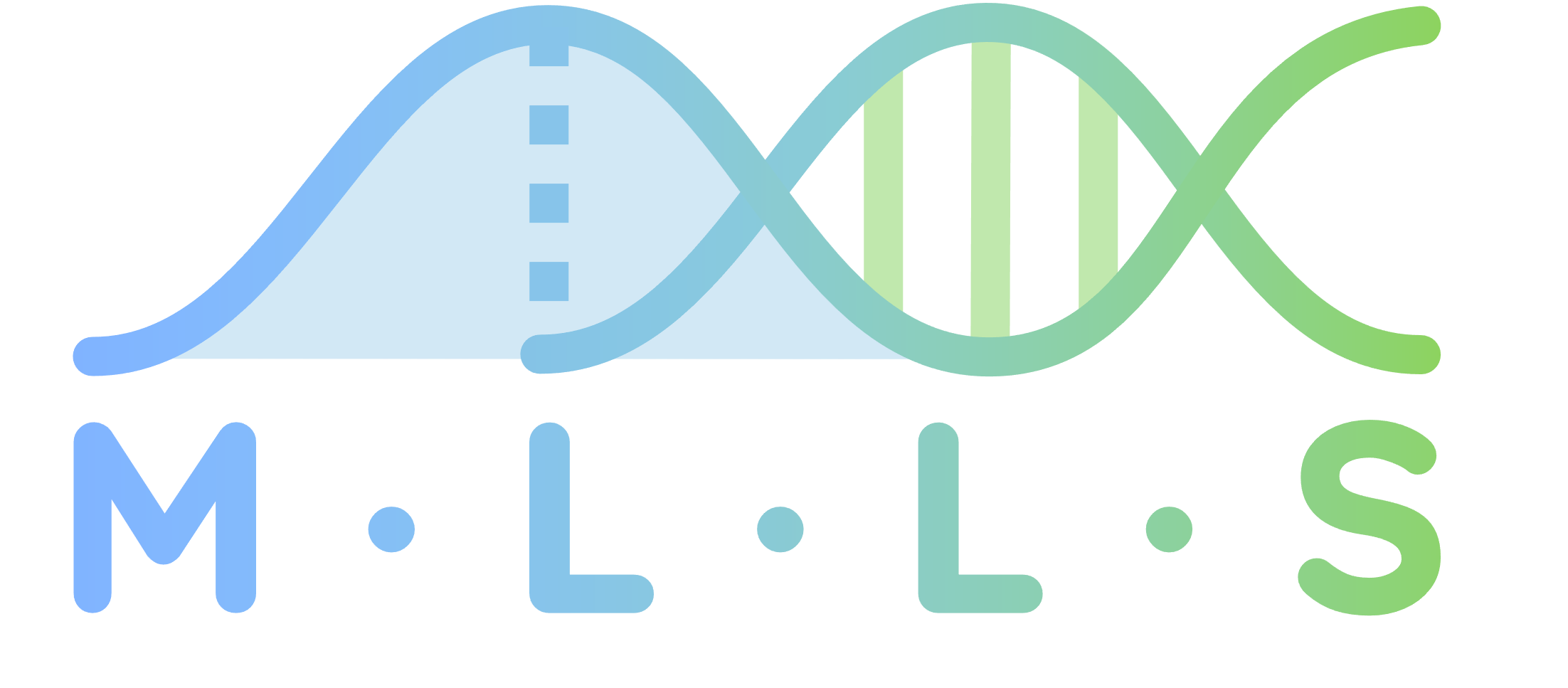Protein solvent accessibility (using foldx)#

About#
This objective function returns the solvent accesible surface area (SASA) of a wildtype and its mutations using foldx and biopython.
Note
If you are interested in computing both a protein’s stability and it’s SASA score, try foldx_stability_and_sasa instead! Import FoldXStabilityAndSASABlackBox instead of FoldXSASABlackBox.
Prerequisites#
Have
foldxinstalled, and available in your home directory. We expect the following files to be there:~/foldx/foldx: the binary. You might need to rename it.~/foldx/rotabase.txt: a text file necessary forfoldxto run (only if you are using v4 offoldx).
A (list of)
wildtype_pdb_file: a (repaired) pdb file of the wildtype.
We can repair the file for you
By default, we will assume you are passing a repaired pdb file to us (indeed, we check if the filename contains _Repair). If you want us to repair the file for you and keep it in a cache, you can add the eager_repair=True keyword argument to the create method.
Otherwise, pre-repair your files using e.g.
~/foldx/foldx --command=RepairPDB --pdb your_file.pdb --water -CRYSTAL --pH 7.0
In our repairing process, we also remove heteroatoms using pdbtools.
If you want to run this black box directly (and you are not worried about conflicting dependencies), we recommend running
pip install "poli-core[protein]"
How to run#
from pathlib import Path
from poli.objective_repository import FoldXSASAProblemFactory, FoldXSASABlackBox
wildtype_pdb_path = Path("path/to/your/wildtype_Repair.pdb")
# Creating the black box
f = FoldXSASABlackBox(wildtype_pdb_path=[wildtype_pdb_path])
# Creating a problem
problem = FoldXSASAProblemFactory().create(wildtype_pdb_path=[wildtype_pdb_path])
f, x0 = problem.black_box, problem.x0
# Example evaluation: SASA of your wildtype
print(f(x0))
How to cite#
If you use this black box, we expect you to cite the following resources:
[1] Schymkowitz, Joost, Jesper Borg, Francois Stricher, Robby Nys, Frederic Rousseau, and Luis Serrano. “The FoldX Web Server: An Online Force Field.” Nucleic Acids Research 33, no. Web Server issue (July 1, 2005): W382–88. https://doi.org/10.1093/nar/gki387.
[2] Stanton, Samuel, Wesley Maddox, Nate Gruver, Phillip Maffettone, Emily Delaney, Peyton Greenside, and Andrew Gordon Wilson. “Accelerating Bayesian Optimization for Biological Sequence Design with Denoising Autoencoders.” arXiv, July 12, 2022. http://arxiv.org/abs/2203.12742.
[3] González-Duque, M., Bartels, S., & Michael, R. (2024). poli: a libary of discrete sequence objectives [Computer software]. MachineLearningLifeScience/poli
@article{Schymkowitz:foldx:2005, title={The FoldX web server: an online force field},
volume={33},
ISSN={0305-1048},
DOI={10.1093/nar/gki387},
journal={Nucleic Acids Research},
author={Schymkowitz, Joost and Borg, Jesper and Stricher, Francois and Nys, Robby and Rousseau, Frederic and Serrano, Luis},
year={2005},
month=jul,
pages={W382–W388}
}
@article{stanton:LaMBO:2022,
title = {Accelerating Bayesian Optimization for Biological Sequence Design with Denoising Autoencoders},
author = {Stanton, Samuel and Maddox, Wesley and Gruver, Nate and Maffettone, Phillip and Delaney, Emily and Greenside, Peyton and Wilson, Andrew Gordon},
journal = {arXiv preprint arXiv:2203.12742},
year = {2022}
}
@software{Gonzalez-Duque:poli:2024,
author = {González-Duque, Miguel and Bartels, Simon and Michael, Richard},
month = jan,
title = {{poli: a libary of discrete sequence objectives}},
url = {https://github.com/MachineLearningLifeScience/poli},
version = {0.0.1},
year = {2024}
}

